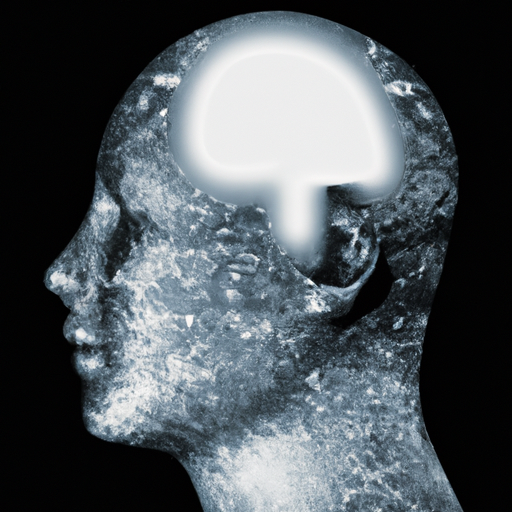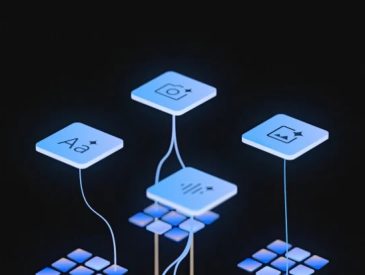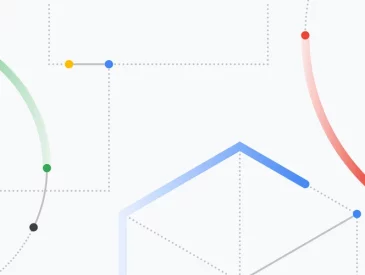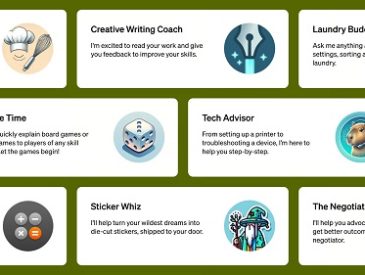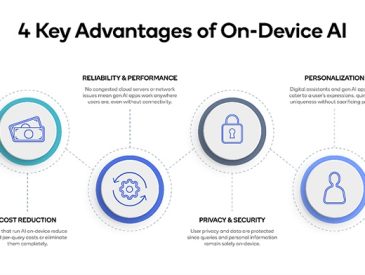The Toyota Research Institute (TRI) has made significant strides in the field of robotics with its latest research, aiming to develop a method that can teach robots new skills overnight. Leveraging traditional robot learning techniques and diffusion models inspired by generative AI models, TRI’s innovative approach holds the potential to revolutionize how robots acquire new capabilities.
TRI’s system has been trained on an impressive repertoire of 60 skills, focusing on versatility in various environments. The objective is to create robots that can operate effectively in diverse settings and quickly adapt to new tasks, making them more agile and useful in real-world scenarios.
The traditional approach to teaching robots new skills often involves time-consuming processes that require manual programming or extensive training sessions. TRI’s novel method aims to overcome these limitations by leveraging the power of generative AI models, which have demonstrated remarkable success in tasks such as image generation and language processing.
By using diffusion models inspired by generative AI, TRI’s system can “learn” from a small set of sample demonstrations and extrapolate that knowledge to perform similar tasks independently. This capability allows the robot to acquire new skills efficiently, dramatically reducing the time required for training and enabling it to learn overnight.
The focus on versatility is a crucial aspect of TRI’s research. By training the system on a wide range of skills, encompassing different environments and tasks, the goal is to create robots that can seamlessly adapt to new situations. This adaptability is essential for robots deployed in real-world settings, where they may encounter diverse challenges and need to quickly learn and respond to new tasks.
TRI’s work aligns with the broader vision of developing intelligent and adaptive robotics systems. By combining traditional robot learning techniques with the power of generative AI models, TRI strives to unlock the potential of robots that are not only capable but also flexible and versatile in their operations.
The implications of TRI’s research are far-reaching. The ability to teach robots new skills overnight opens up possibilities for increased automation, improved efficiency, and enhanced productivity in various industries. From manufacturing and logistics to healthcare and service sectors, the potential applications of this technology are vast.
As TRI continues to refine its method and expand the capabilities of its robotic systems, the future holds exciting prospects for autonomous machines that can rapidly adapt and learn, contributing to safer, more efficient, and more intelligent human-robot collaborations.
TRI’s groundbreaking research in teaching robots new skills overnight represents a significant advancement in the field of robotics. By combining traditional robot learning techniques with diffusion models inspired by generative AI, TRI aims to create versatile robots capable of adapting to new tasks and environments. This research has the potential to revolutionize the way robots acquire new capabilities, opening up possibilities for increased automation and more efficient operations across various industries.
Sources:
Get ready to dive into a world of AI news, reviews, and tips at Wicked Sciences! If you’ve been searching the internet for the latest insights on artificial intelligence, look no further. We understand that staying up to date with the ever-evolving field of AI can be a challenge, but Wicked Science is here to make it easier. Our website is packed with captivating articles and informative content that will keep you informed about the latest trends, breakthroughs, and applications in the world of AI. Whether you’re a seasoned AI enthusiast or just starting your journey, Wicked Science is your go-to destination for all things AI. Discover more by visiting our website today and unlock a world of fascinating AI knowledge.

